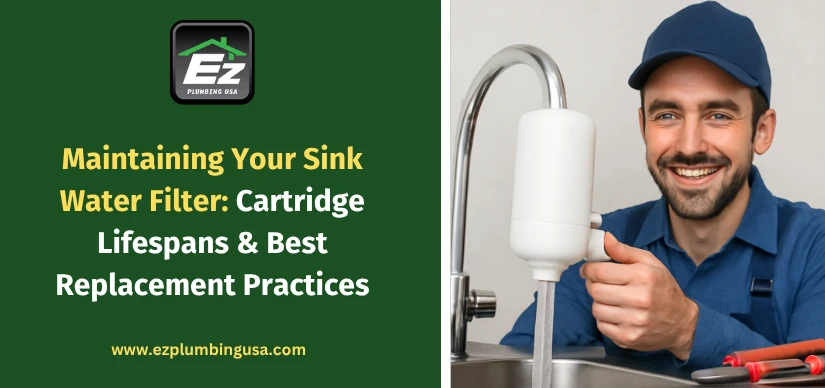How Plumbers Charge and What You Are Really Paying For
Views : 796

Why You Should Know What Plumbers Cost
The Basics of How Plumbers Charge
- Hourly rate of labor
- Call-out or service charge
- Parts and materials
- After-hours or emergency fees
- Fixed fees for certain tasks
Understanding Plumber Rates Per Hour
What Is a Plumber Call Out Fee?
Flat Rate vs Hourly Rate: What Works Best?
- Flat-rate pricing guarantees no surprises but could be more expensive to account for unforeseen complications.
- Hourly pricing could be less expensive but unreliable if the project lasts longer than anticipated.
What You're Really Paying For
- Labor – Skilled trade labor isn't just manual labor; it involves diagnosis, accuracy, and years of expertise.
- Tools and Equipment – Plumbers purchase specialized equipment that gets jobs done quicker and more safely.
- Licensing and Insurance – Legitimate plumbers are bonded, licensed, and insured to protect you—and those fees are incorporated into prices.
- Travel Time – Particularly with larger service zones, driving time between calls is included in the price.
- Overhead Expenses – Stuff like office upkeep, employee salary, business insurance, and motor vehicle maintenance.
Emergency Plumbing Rates
How to Avoid Overpaying for Plumbing Work
- Obtain several estimates – This will enable you to know the range of prices and prevent overcharging.
- Inquire about prices in advance – Always ask if the plumber quotes a flat fee, an hourly fee, or both.
- Schedule during business hours – Try to avoid weekend or late-night calls whenever possible.
- Stay on top of maintenance – Maintenance saves you money in the long run.
- Package repairs – If you have a few small tasks, get them completed at the same time.
Transparency Is Key
What’s Considered a Fair Plumber Rate?
The Value of Hiring a Pro
Conclusion
FAQs
Q1. Why do plumbers have a call-out charge?
A call-out charge compensates the plumber for their time and travel, even if no repair is done. It ensures they’re paid fairly for evaluating issues on-site.
Q2. What is the hourly rate average of a plumber?
Most plumbers charge between $75 and $150 per hour, depending on the job complexity, location, and whether it’s a routine or emergency service.
Q3. Should I choose the flat-rate or hourly pricing?
Flat-rate pricing offers upfront clarity, while hourly rates may be cheaper for quick jobs. Ask the plumber what works best for your specific situation.
Q4. Are emergency plumbing services more expensive?
Yes, emergency plumbing typically costs 1.5x to 2x more than regular rates due to urgency, off-hours, and overtime labor.
Q5. Can I bargain with plumbers on price?
Some plumbers may offer discounts or waive call-out fees for bigger jobs. It’s fine to ask, but always prioritize professionalism and quality over price.



